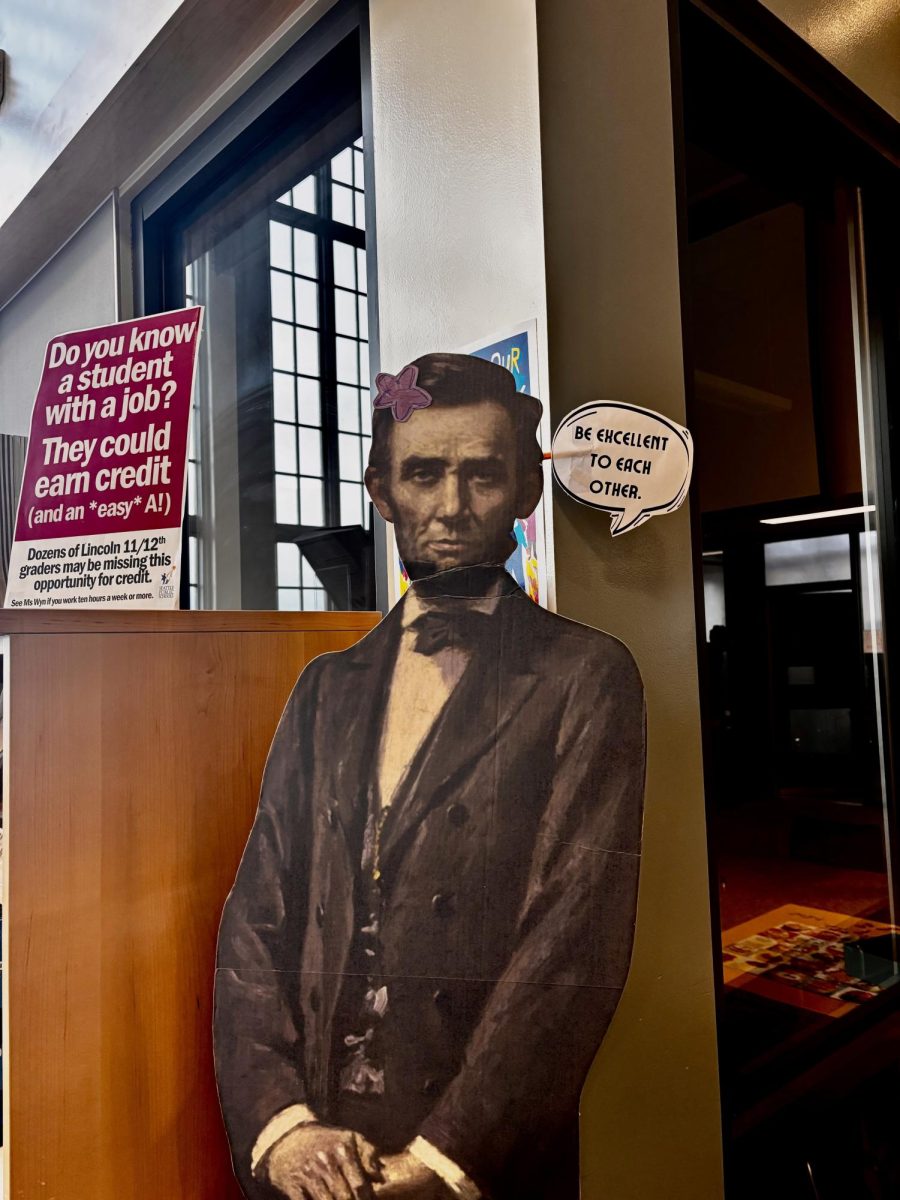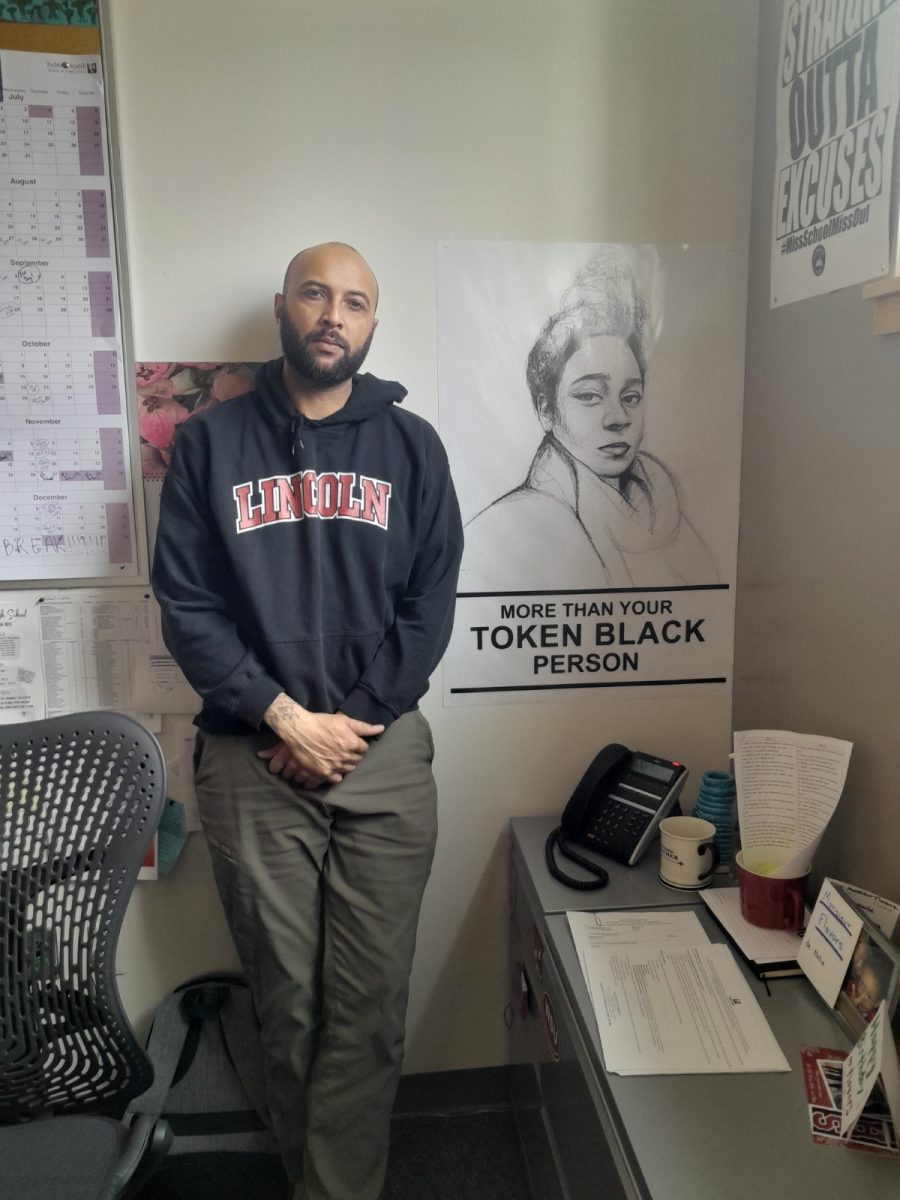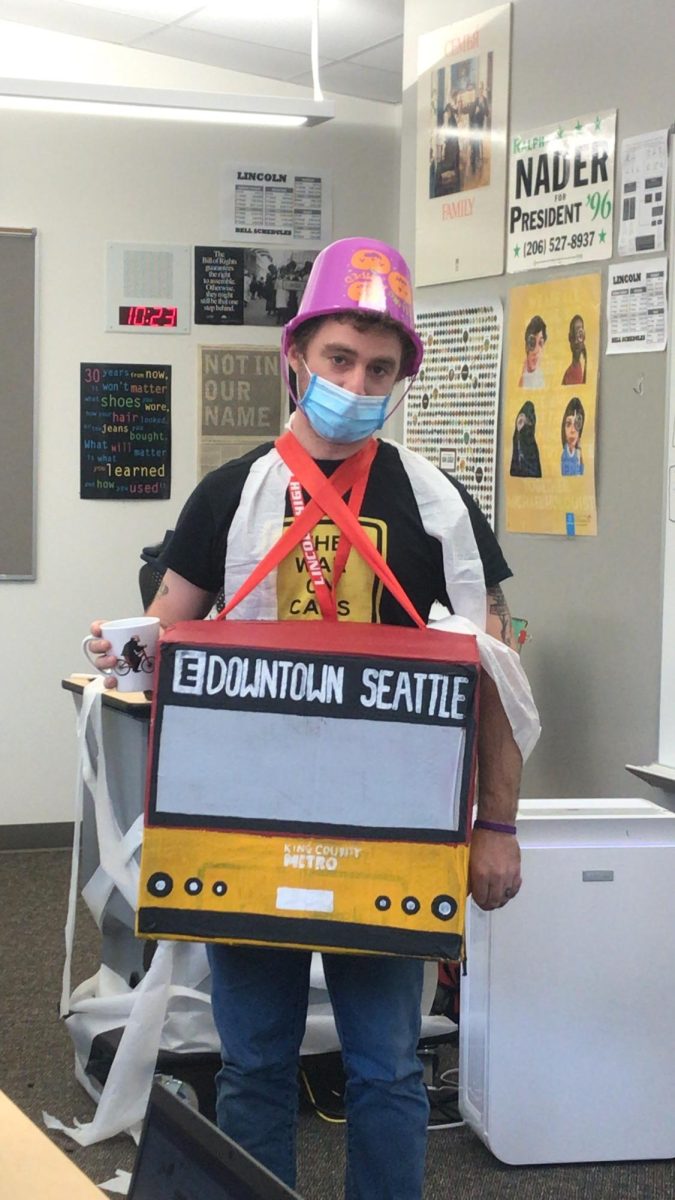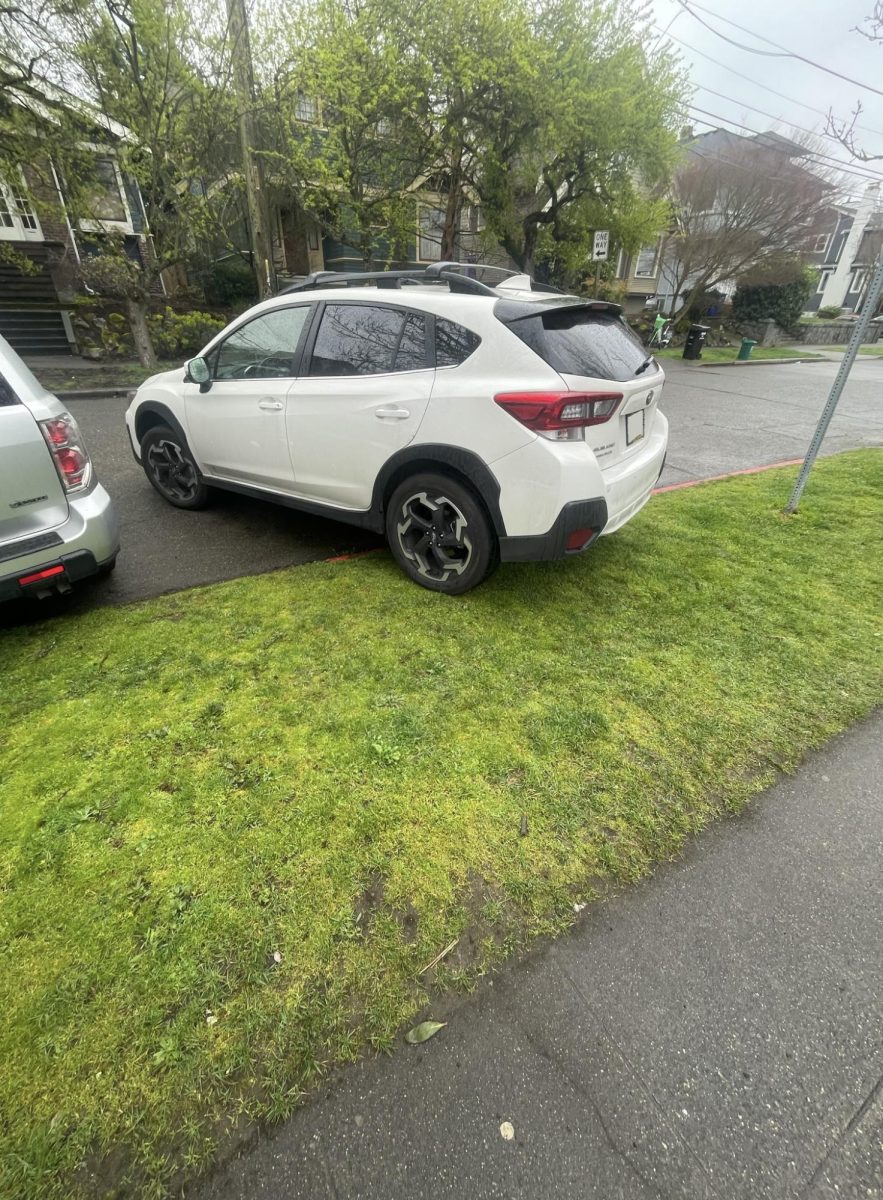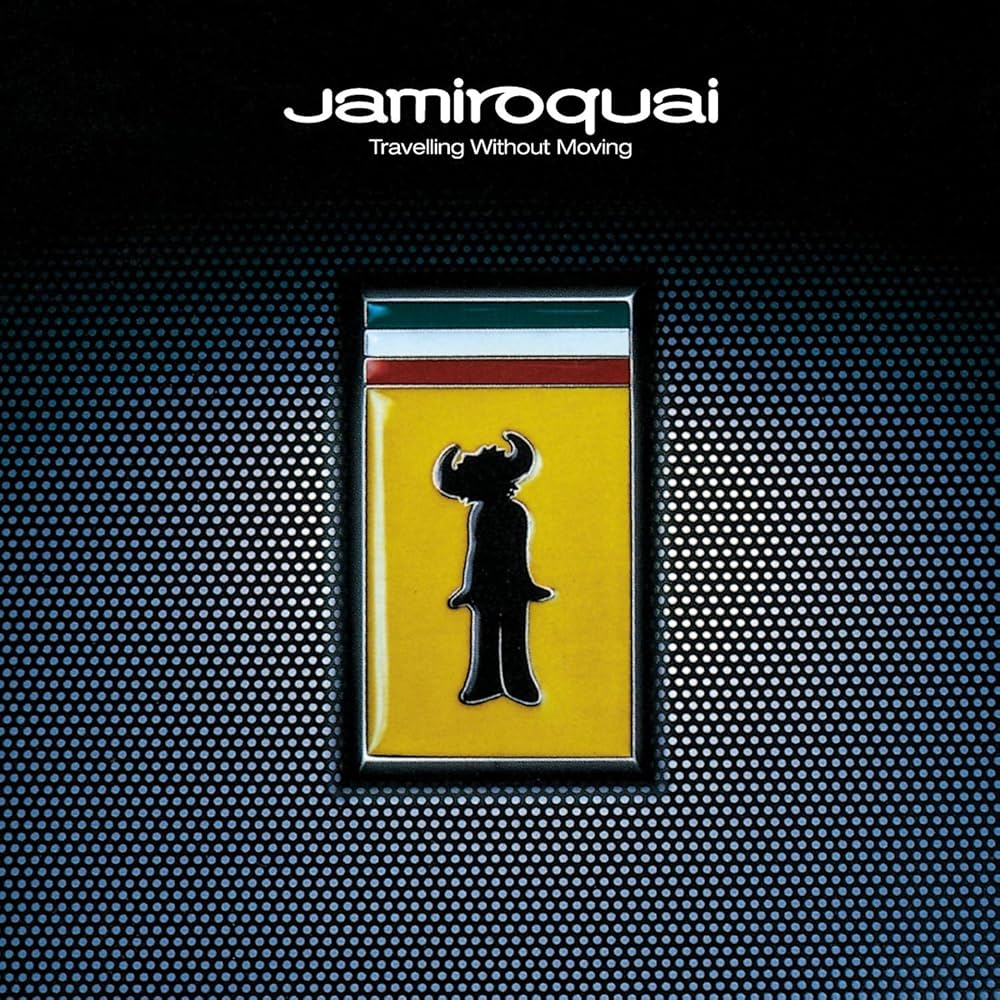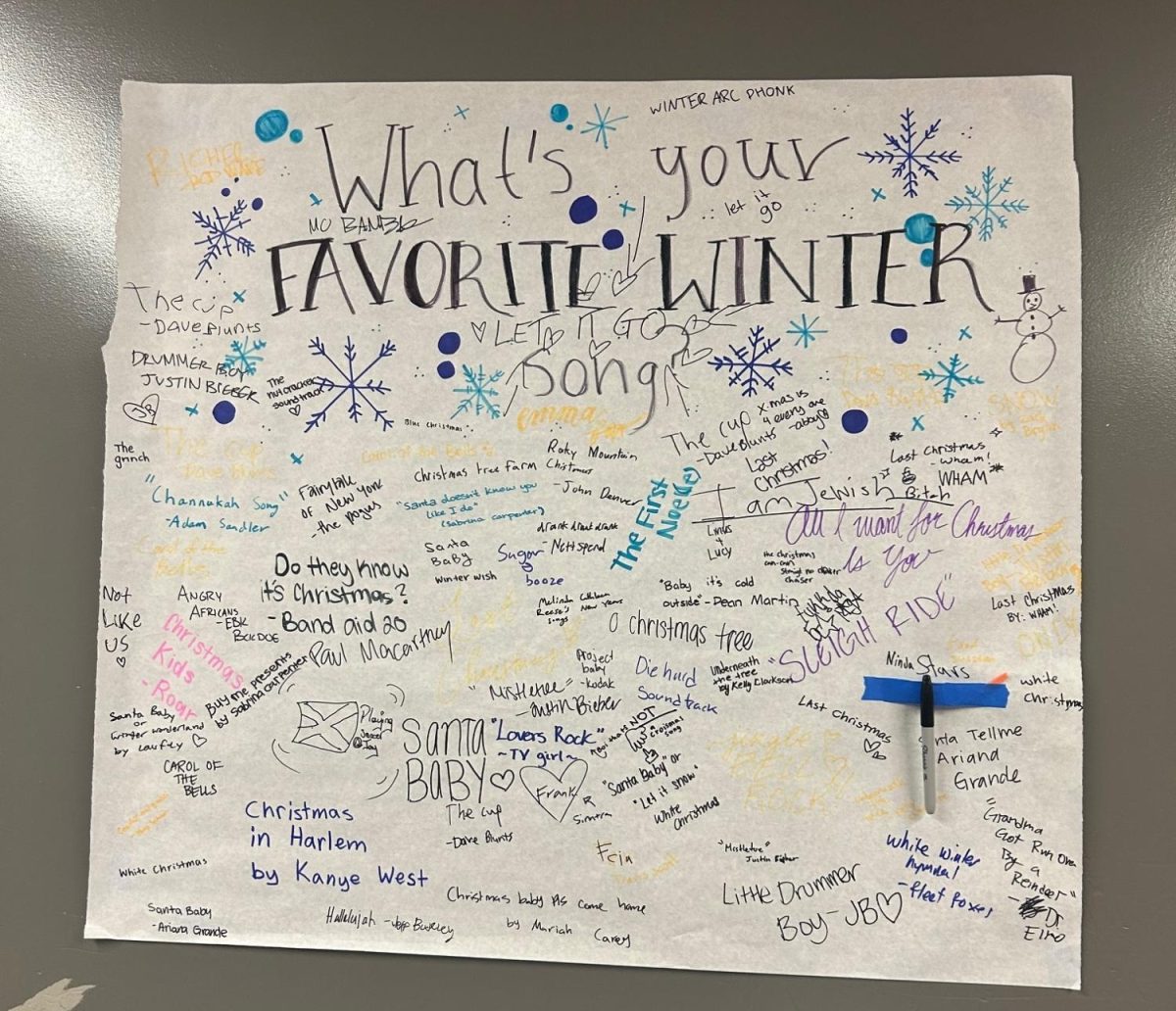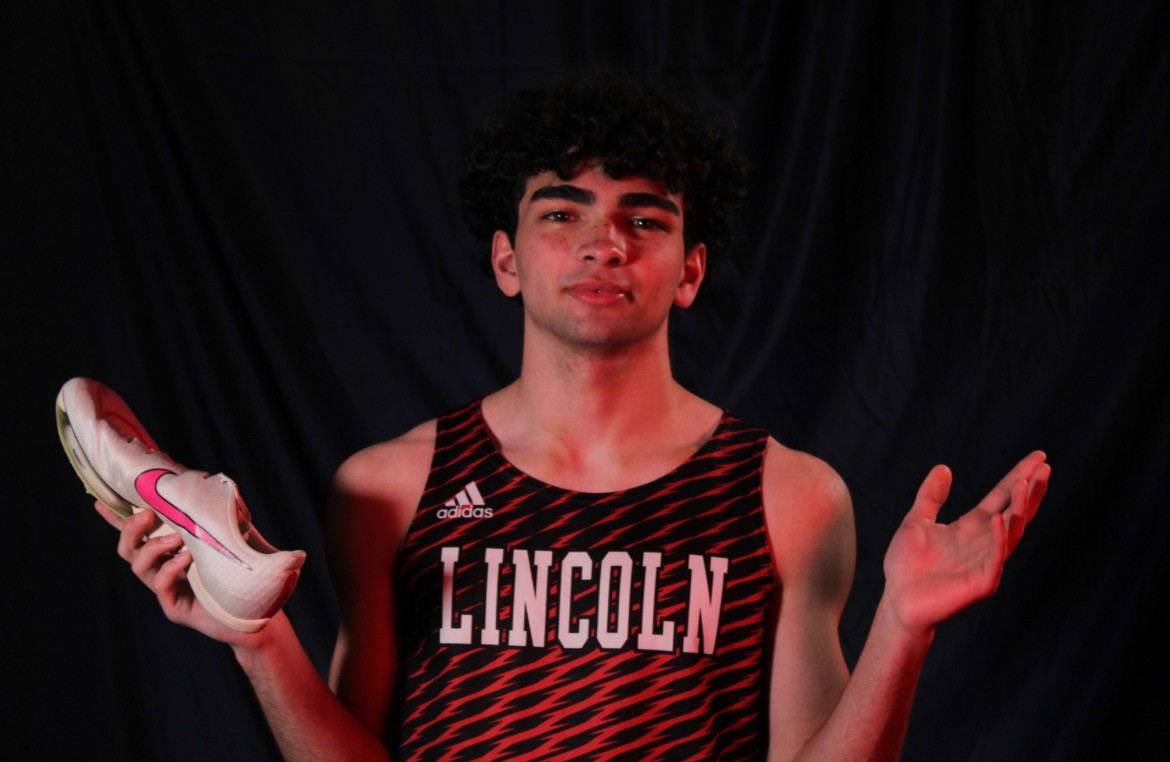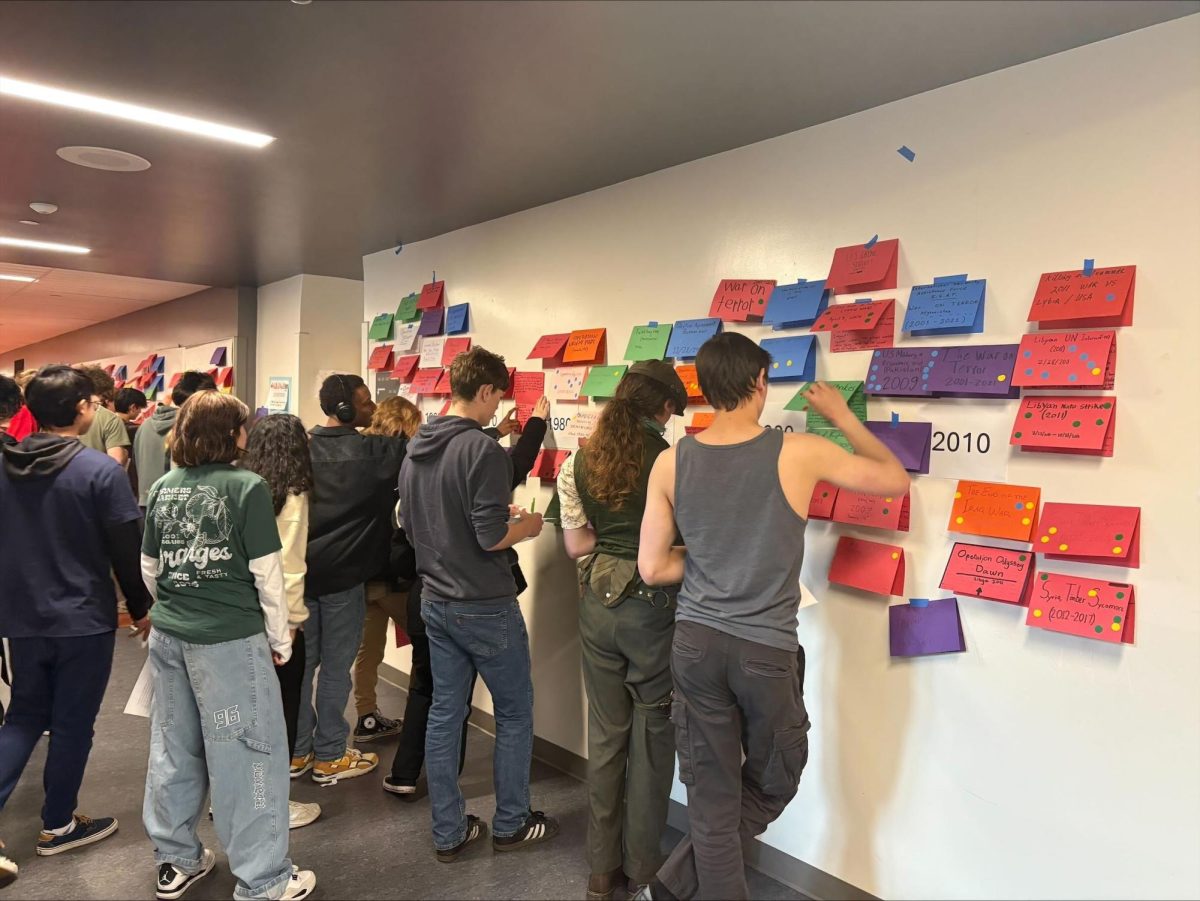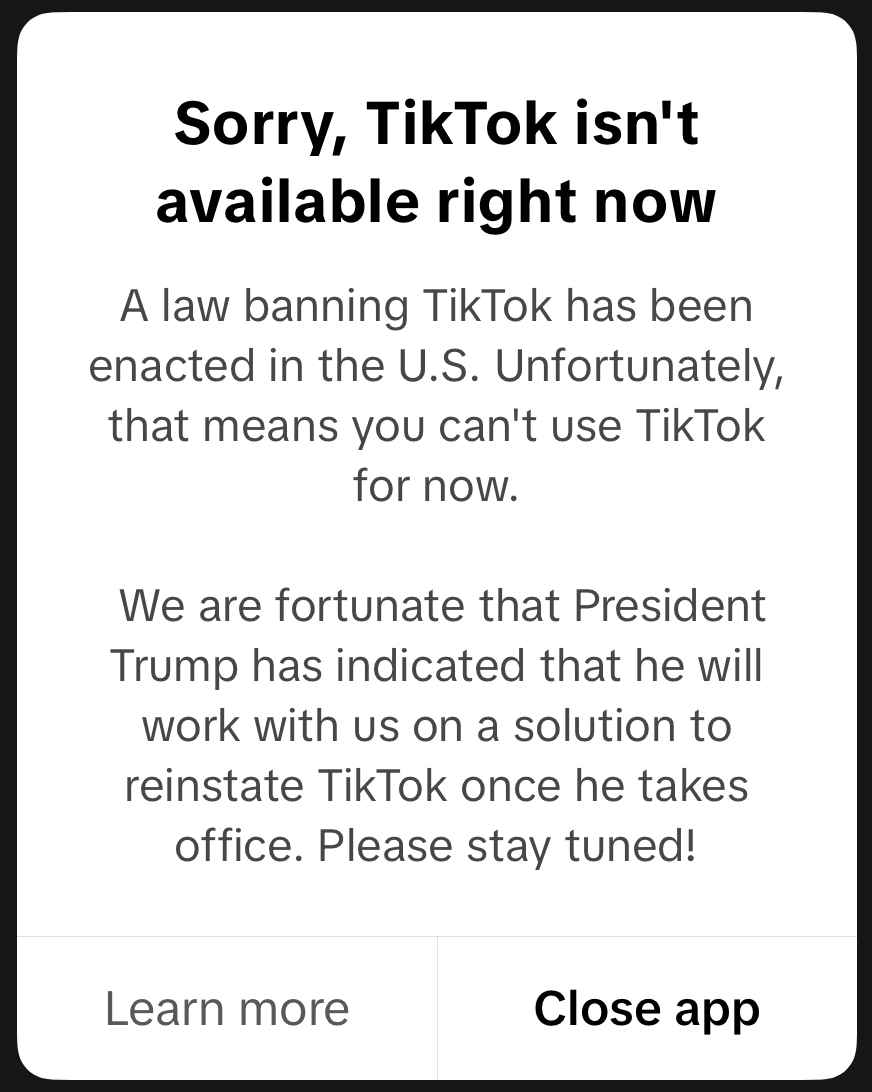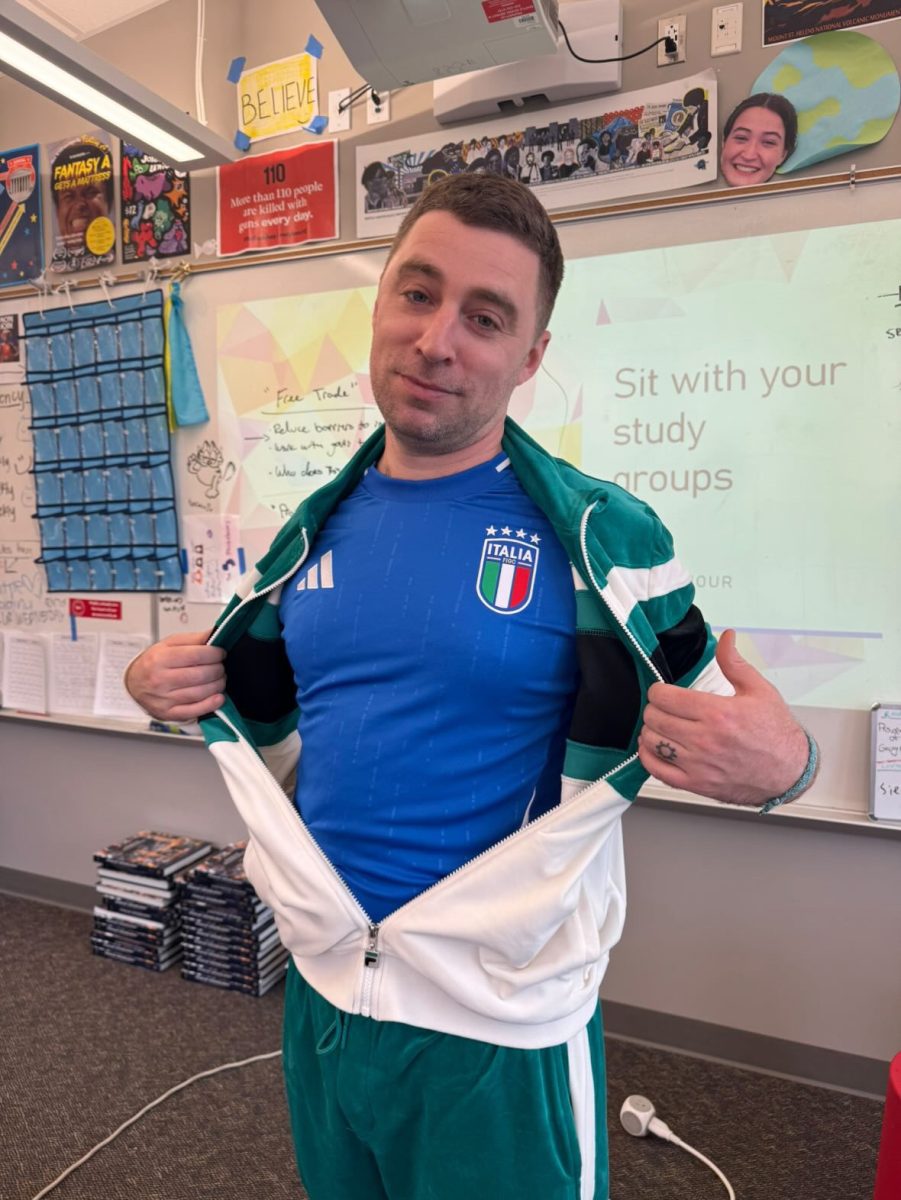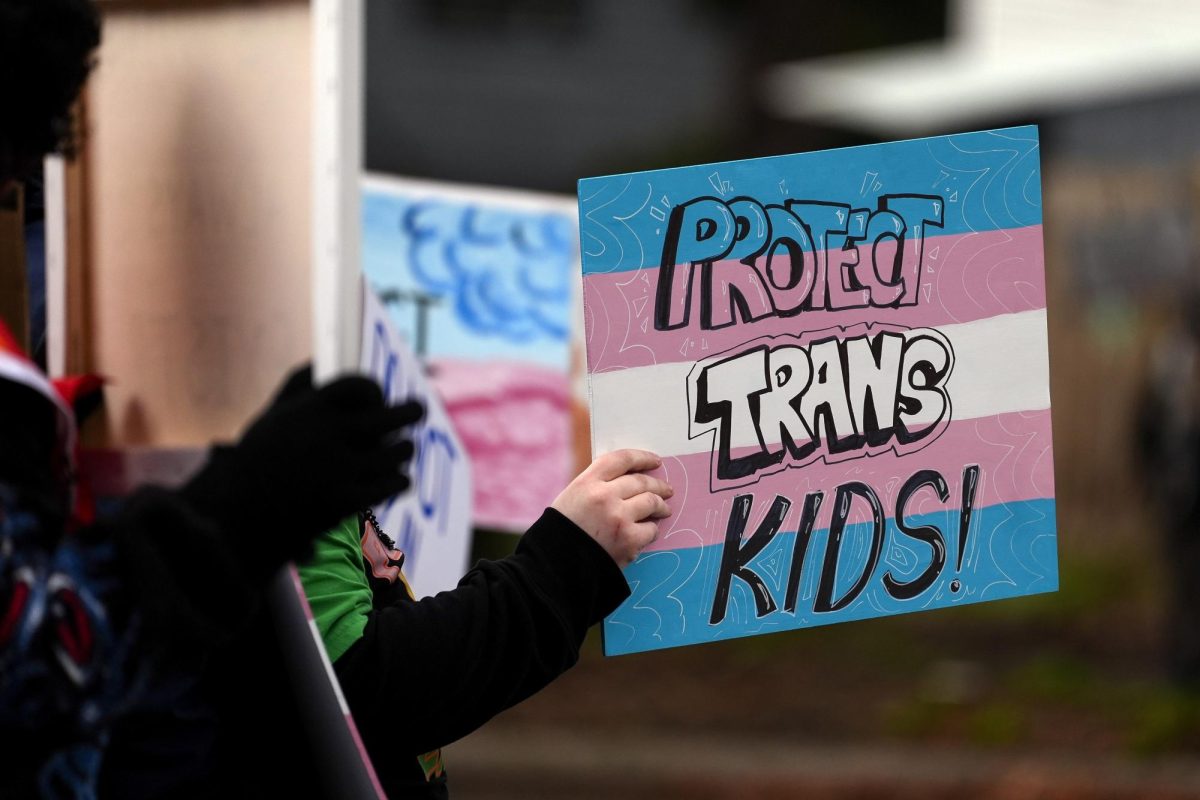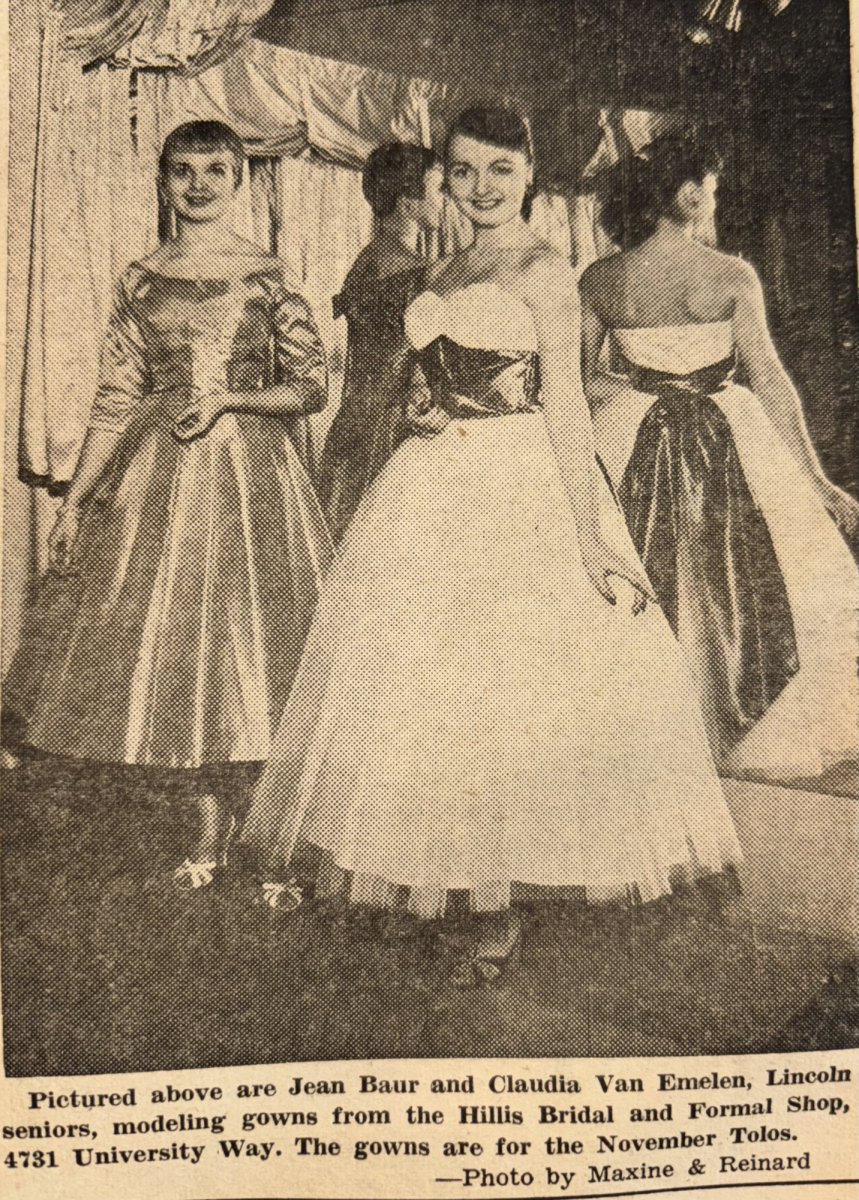The Highly Capable Cohort, or HCC program, SPS’s “advanced learning” path and curriculum, has officially been shut down, with this year’s first graders being the last class that can participate in any capacity.
However, this process has been in the works for years; back in 2017, the program stopped offering advanced Language Arts and History courses, and in 2022 they lost advanced Science, all of which were on the middle school level
But is this a good decision? To see why they decided to take such drastic measures, we first need to look at what caused this change in the first place.
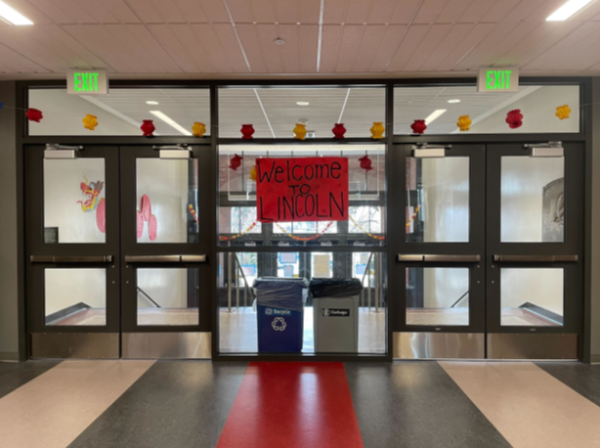
The program had one major issue for many students and one major issue on a district level. To students, the issue was feeling separated from their friends, who had been deemed as “smarter” than them by this seemingly arbitrary measure.
Senior Ella Martin who attended Hamilton said that due to the HCC program, “All of my classes were filled with 6th graders no matter what level of math at I was at… being in these classes filled with 6th graders that understood the content a lot more than I did even at higher grades was demeaning, for lack of a better word.”
For this reason, many students in SPS view HCC students as being elitist or having inflated views of themselves, a sentiment not helped by the incredibly pretentious name “Highly Capable Cohort.”
The issue to the district was how it was created and how its flawed entry requirements persisted to this day.
You see, the HCC program was initially created by SPS back in the mid 20th century as a sort of legal loophole to allow rich, white children to continue being educated in separate buildings from minorities.
This was ensured by making the test bizarrely inaccessible; the only way that a student could take it was through their parents both knowing about it and requesting their child take it, and with tests only taking place on Saturdays.
As a result, the test was difficult both to take and to find out about, and if you weren’t “in the know,” then you’d have little to no idea that this program even existed, let alone how to get in.
By making the test hard to get access to, especially for lower income families, it ended up fostering a primarily white environment.
This is an issue that unfortunately persisted well into the future; as Senior Owen Crumpacker says, “The demographic shift when I joined the HCC program was insane. It was so overwhelmingly white.”
However, a problem immediately arises. Why would we not just fix the entry test, making it more accessible, as opposed to nuking the entire program?
Many former HCC students, upset about the eradication of the program, agree with this sentiment.
“The HCC program addressed a legitimate need,” said Senior Cameron Kazimour. “I’d consider it a special ed program. The racial equity problems were a problem that needed solving, not a reason to tear the whole program down.”
See, while the HCC program originally started without any real focus on the betterment of student’s learning, by the end of its lifespan, it had morphed into something much more.
In fact, the name “Highly Capable Cohort” became incredibly ironic for one key reason; HCC had become a far more effective form of alternative education than anything offered for educationally advanced students at the time.
The “Highly Capable” students were, in fact, often wrongly viewed as incapable of typical education by society.
Now, concrete numbers to back up this claim are, to say the least, difficult to find.
However, when I was talking to students that were involved in HCC, a clear pattern emerges; many students (with student estimates averaging at very high) had some form of neurodivergence, most commonly ADHD and ASD (Autism).
Especially in an HCC only environment like Cascadia Elementary, teachers had essentially become specialists in teaching children with neurodivergence, something that is notoriously hard for schools worldwide to deal with.
Despite the theoretical focus on just distributing more advanced work, the schools were mostly based around alternative education that functioned better for many neurodivergent students.
This became even more apparent after many student’s departure from traditional HCC as they moved into middle school, where the teachers were unequipped to handle their alternative learning styles.
This resulted in a lot of what students called “burnt out gifted kids,” who spent years being told they were smart and being supported by teachers before being metaphorically dropped into the deep end and losing those supports.
This caused them to start falling behind on schoolwork and failing to meet the expectations that they had built for themselves mentally.
So, if the supports that the HCC program provided were so helpful to many neurodivergent students, what was the justification for shutting the program down as opposed to making it more accessible to all.
Well, according to SPS, they had a solution.
Per their new policy, “All teachers will provide teaching and learning that is delivered with Universal Design for Learning (UDL) and differentiated to meet the needs of students within their grade level.”
So now, instead of a specialized, if inequitable, program, we will instead have every teacher, who has a class of on average 30 separate students, do all the work to create specialized learning paths for their kids?
That means middle school teachers are expected to make a learning plan for each and every one of their 150+ students. This, obviously, is an incredible challenge, if not downright impossible.
So why can’t we just fix the method of entry?
Well unfortunately, there genuinely seems to be no information from SPS as to why this cannot be the case. As always, the district is almost entirely radio silent about their decisions, and the rest of those affected by this decision just have to deal with the fallout.
Here’s where things get opinionated; I fully believe that the HCC program was an invaluable tool for many educationally advanced students with neurodivergence, including myself.
Without its advanced Science pathway, I never would have been able to take Astronomy as an elective; a subject that I found out I enjoyed so much that I now plan to make it my college major. (Shoutout to Ms. Eisenbrey!)
I was a student at Cascadia, and as I have passed through my education, I have seen the program that helped me so much as a kid get torn down.
I went to a “regular” school before Cascadia and was frequently bored to tears as the teacher’s method of handing out a worksheet and letting us finish simply didn’t work with how I optimally learn.
Without Cascadia’s academic supports, the work was either far too easy or far too difficult, and after I left and lost those, it took years of bad grades and an IEP to make it so that the average high school assignment works for me.
As an advocate for neurodivergent assistance in all walks of life, I’m outraged that the district refuses to do anything for people like me, and instead of giving more people access to these tools, they instead decided to take them away from everyone.
Making the test school-wide is not only a simple task, but a frankly inexpensive one as well.
Especially in the modern age, when everyone has a school issued laptop, I find it incredibly difficult to believe that the district is incapable of writing up some tests that every elementary schooler takes that allows them to see which students may require this aid.
By making it free, district-wide, and during regular school hours, everyone from every walk of life at least gets the chance to gain access to these tools.
By implementing this mandatory, school-wide digital test that occurs possibly even multiple times throughout an elementary schooler’s career, the schools would be able to keep up with students that may develop or begin showing signs of needing accelerated or altered learning due to neurodivergence as they age and give them access to the program.
This not only aids white neurodivergent students as it has in the past but allows for those of all ethnicities who fall under the banner of neurodivergent to get the help that they need and deserve.
I also believe a renaming of the program is desperately needed. Highly Capable Cohort is not only pretentious, implying that the students involved within are better in some way, but also a misnomer.
The students within the program, by the definition set by society, are technically LESS capable of doing schoolwork, with ADHD and ASD being common.
So, are we failures to the system? Or special and to be supported? It’s a name that only causes conflict and confusion among everyone involved.
Something like Alternative Education Pathway would much better convey that these students are no better or worse than your average student, they just need work given in a way that works for them.
By doing these two things, one inexpensive and one literally free, it solves both major problems for students and staff alike.
If the program saw success, we could possibly see more schools like Cascadia appear, maybe even an HCC middle school so that there’s no sense of shame when an eighth grader sees a sixth grader in their math class.
There’s truly endless room for expansion and support for these students, but instead of even researching the possibility, SPS has chosen to tear it all down, with no plan to start the program again.
Overall, the HCC program has had a complicated history and has come to an unfortunate end.
Sentiments about the program have always been mixed, but the support it provided neurodivergent students with advanced learning needs is apparent and undeniable.
While admission to the program had major issues, there were many ways for those problems to be solved, and its eradication serves as another testament to SPS’s unwillingness to solve a problem they created.
Whether the effects turn out to be negative or positive in the long run, there will certainly be a period where a multitude neurodivergent students struggle more than ever before until SPS comes to a solution.
As a neurodivergent student myself, it’s heartbreaking to see how little they care about it.

